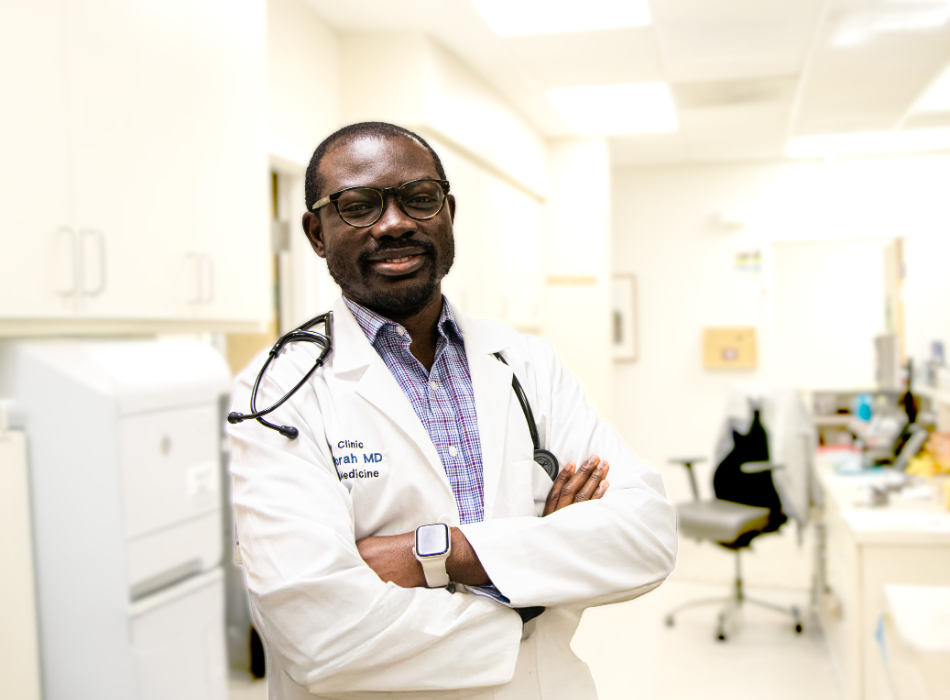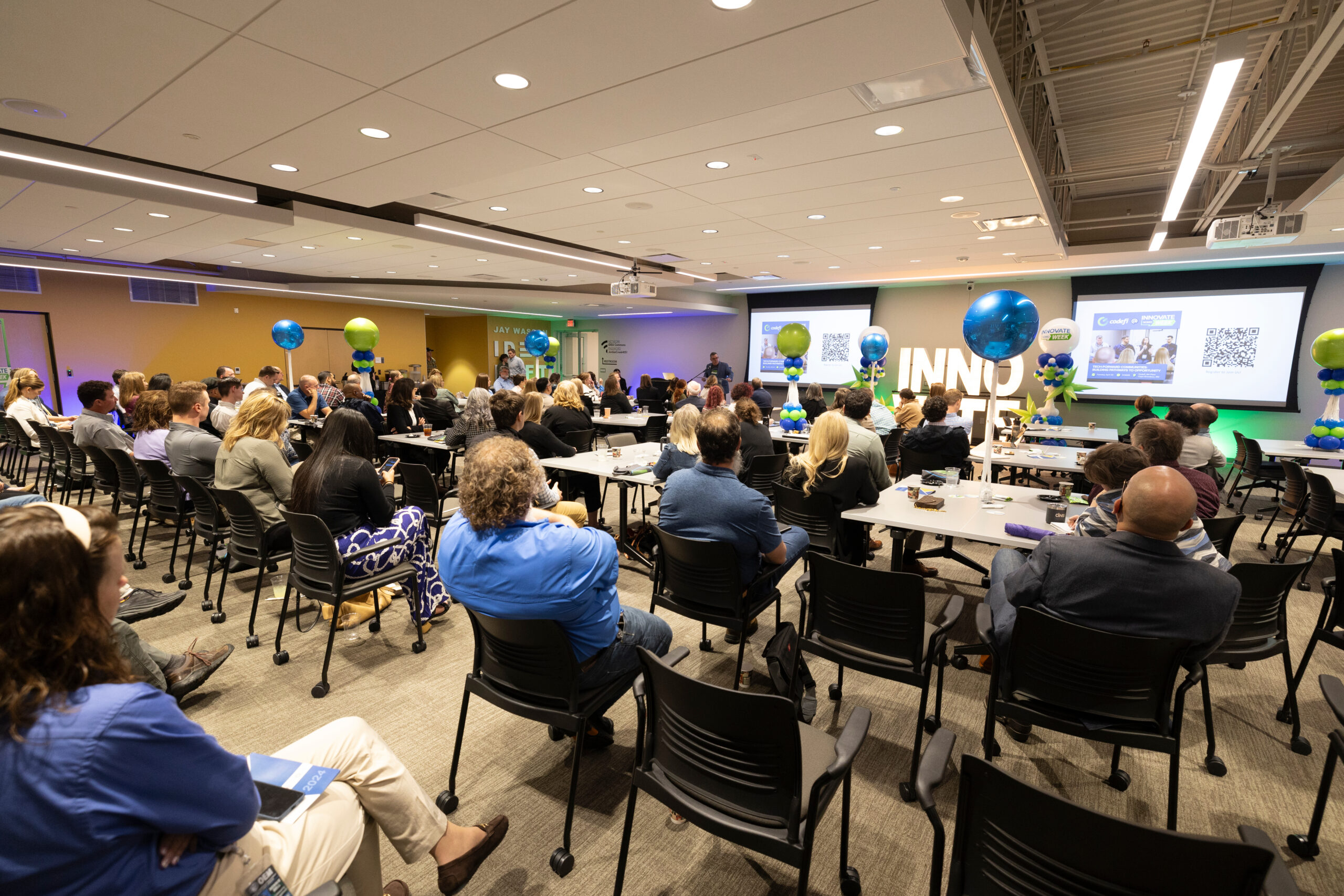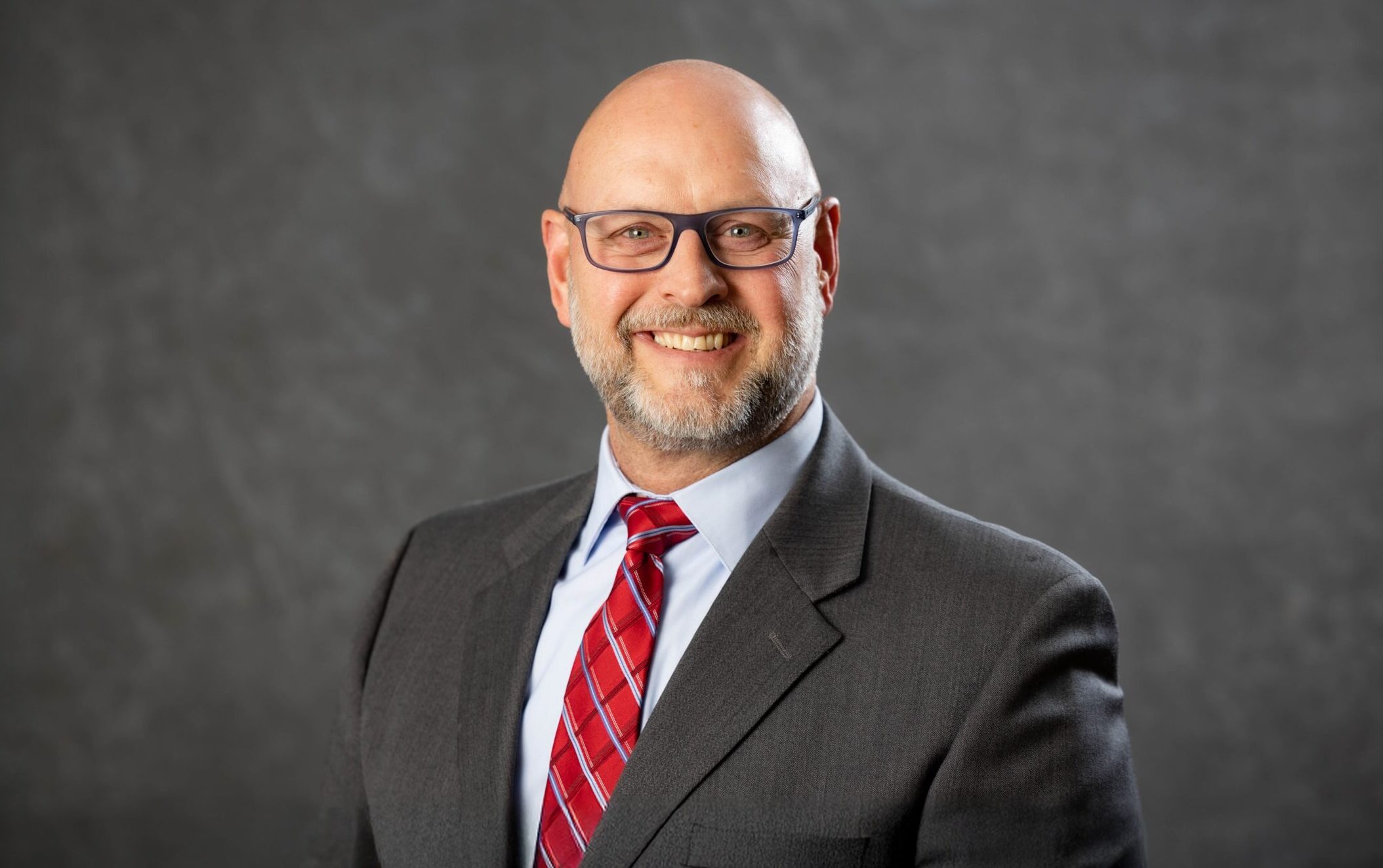Insights from a Primary Care Physician
When Dr. Joe Debrah reflects on his life journey, it’s clear that his path to becoming a primary care physician was shaped by resilience, faith, and a deep desire to help others. Born in Ghana, West Africa, and raised in New Jersey, Dr. Debrah pursued a degree in biochemistry at Montclair State University before attending medical school in Antigua. His training at the Institute of Family Health in New York solidified his passion for primary care. As he shares, “I think of myself as a man that has been helped greatly by God. With that comes a great passion and drive to always see the best in people and to help meet them where they are in life.” This philosophy guides his approach to patient care, emphasizing the importance of understanding and connection.
For Dr. Debrah, primary care is about more than diagnosing illnesses—it’s about building relationships with patients. He emphasizes the importance of understanding what drives their needs to provide effective care. “We can’t really help people if there is no true understanding of what drives their needs,” he explains. This relational approach ensures that his patients feel heard and involved in their healthcare decisions. Dr. Debrah highlights the value of this approach by saying, “I always desire for my patients to know that they were listened to and they were involved in their care.”
Working with diverse communities has further enriched his perspective. “It helps one realize that our basic human needs are the same regardless of race, gender, social or financial status,” he says. “Different cultures go about getting these needs met but it warms my heart to know that we are all the same.”
Personal Experiences Shaping Professional Practice
Dr. Debrah’s personal journey has profoundly influenced his approach to healthcare. Growing up in poverty taught him the importance of showing care and compassion, even when resources are limited. “There were times all I needed was to know someone cared, even if they couldn’t help me,” he recalls. This philosophy drives his practice today, ensuring patients feel cared for, even when he must refuse certain requests. He describes himself as “a product of grace,” acknowledging the many who have assisted him in his life.
Cultural competence plays a major role in his work, especially amid political and social polarization. “Understanding that our differences are meant to make us stronger and not to be used as a weapon to demean and degrade each other helps patients be comfortable and receptive to recommendations,” he notes.
Practical Advice for Health and Wellness
Dr. Debrah believes that maintaining a healthy diet is foundational to good health. “We are what we eat,” he says, emphasizing the healing power stored in nature. He adds, “Being a person of faith, I believe that in nature is stored the blueprint for good health and healing.” Families can incorporate fitness into their routines through simple activities like walking for 20-30 minutes daily—no facilities or equipment required. As he advises, “By doing the little things well and making it enjoyable, one of the best fitness routines is daily walking for about 20-30 minutes. This requires no facilities or equipment but self-will.”
Preventive care is another cornerstone of his practice, despite misconceptions about its value. He often tells patients that preventive measures save money and lives by catching health issues early. He proudly shares, “I give glory to God for the 10-15 patients who are cancer-free today because we were able to diagnose them early and get them treated.”
In his practice, Dr. Debrah frequently encounters chronic conditions like diabetes, heart disease, obesity, and mental health challenges. Patient education is key to managing these issues effectively. He uses simple language, feedback loops, and visual aids like drawings or Google images to ensure patients understand their conditions and treatment plans.
He also addresses misconceptions about primary care doctors—that they only prescribe medications or lack expertise compared to specialists. “Primary care doctors don’t know much so they will rather skip to see a specialist,” is a common misconception he encounters.
Advocating for Better Healthcare Access
Dr. Debrah champions initiatives like mobile health clinics and community programs to improve health access in underserved areas. These efforts provide screenings, vaccinations, fitness classes, and mental health support directly to communities with limited resources.
As Minority Health Awareness Month unfolds, Dr. Debrah urges individuals to prioritize their health while addressing broader disparities. “This month serves as a reminder that health disparities still exist, but through education, action, and support, we can create a future where everyone, regardless of race or ethnicity, has access to the care and resources they need to thrive,” he emphasizes. He also encourages readers to recognize that bodily health is just one aspect of overall well-being, stating, “It is essential that we make decisions daily that will help eliminate economic/financial and social gaps.”
Balancing Home Life
While balancing roles as a physician, preacher, father, and podcast host, Dr. Debrah acknowledges the support of his wife Harriet: “Our job is intense, and it takes a wonderful partner to keep our home balanced.”
He concludes by encouraging individuals to advocate for themselves and their families in healthcare, advising them to “be informed about healthcare needs and to “be sincere and open about your fears regarding your healthcare.”
Fun Questions
- What is your favorite book and movie?
- Book – The Kite Runner by Khaled Hosseini. Movie – The Hangover, Part 1
- What’s the funniest or most unexpected thing that has happened to you in your professional journey?
- 86 year old Caucasian woman pleading to “have the negro doctor” as her PCP because she “heard he is very good.”
- First time patients asking about my podcast topics
- What do you like to do when you are not working to relax?
- Write, watch movies, and play soccer





